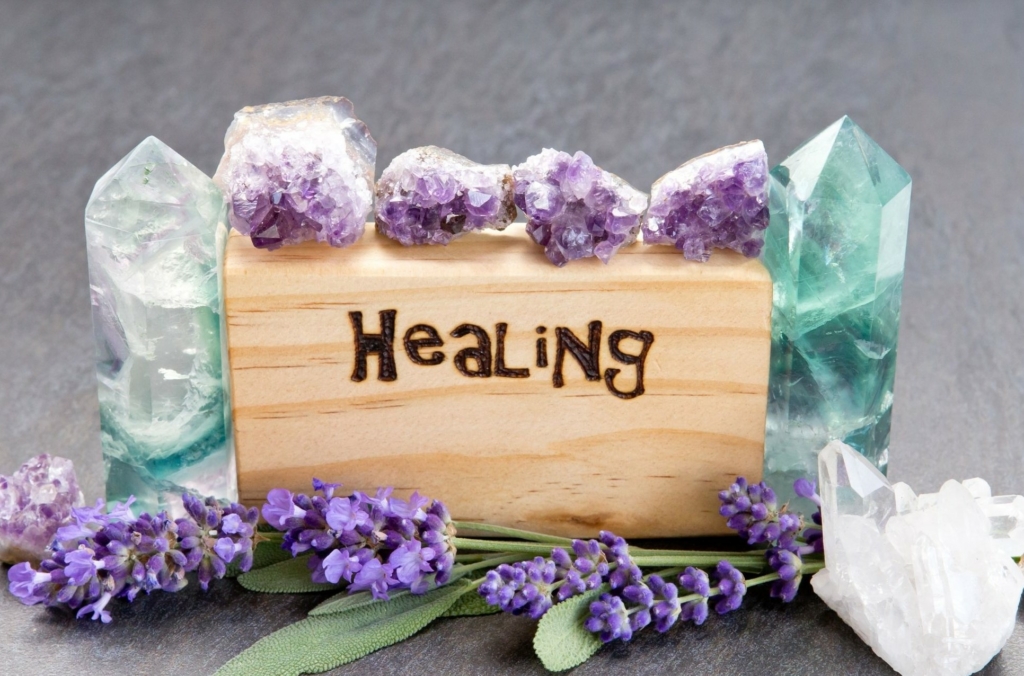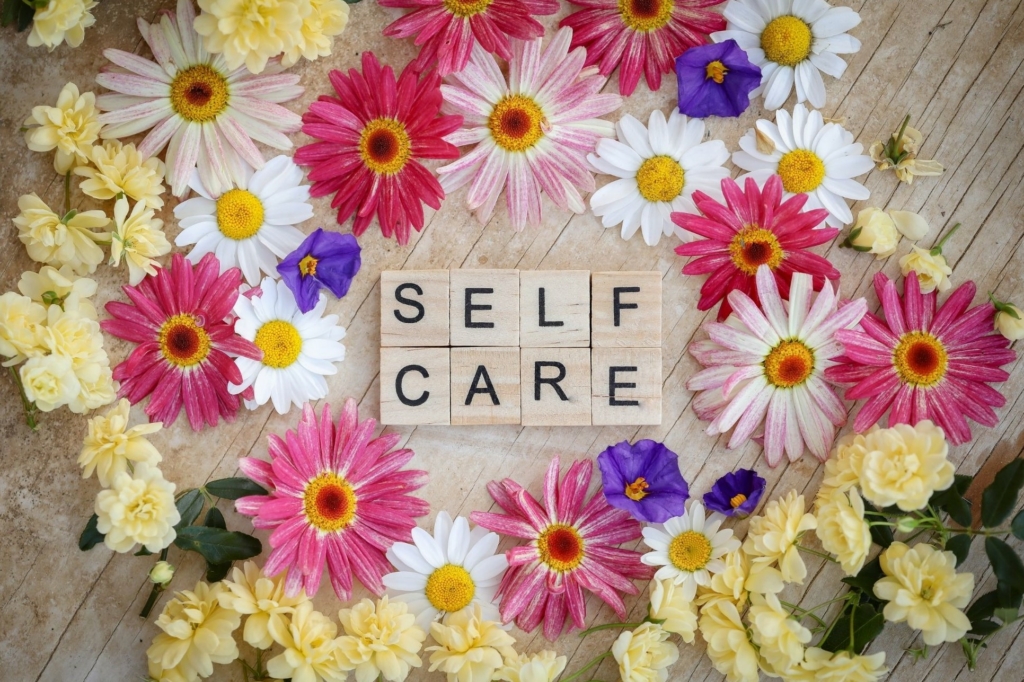
What is high sensitivity?
High sensitivity is an innate trait found in only about 15 to 20 percent of people.
If you grew up in an environment where there was no awareness of this topic, you may not even know that you are highly sensitive and that this is the reason why you struggle in life.
Highly sensitive persons (HSPs) experience the world differently than “normal” people. This is mainly because their central nervous system works differently and has an increased sensitivity to stimuli. Due to this biological difference, HSPs are more aware of subtleties and process information deeply. This means they tend to be more creative, insightful, and empathetic, but it also means they’re more prone than others to stress and overwhelm and need more quiet time to recharge.
The key words to remember here are sensory sensitivity, deep processing, emotional intensity, and over-stimulation.
It’s important to point out that being highly sensitive is not a disease or disorder that needs “fixing”. It’s a normal trait that people are born with. However, being part of a minority in society can cause different challenges for HSPs like:
- being more affected than others by the same events in childhood or adulthood,
- being more vulnerable to develop mental health issues, such as anxiety or depression,
- feeling more empathy for others, including the suffering of animals and social injustices,
- struggling with functioning in a society that values sensory over-stimulation and a fast-paced lifestyle,
- working in an environment surrounded by people who are non-HSP,
- struggling with being in a relationship with a partner who is not highly sensitive,
- accepting their sensitivity as it makes them feel ashamed or worthless.
Embrace your high sensitivity & trust your senses and perception.
Are you highly sensitive?
- Do loud environments make you want to run and hide?
- Are you easily startled by loud or sudden noises?
- Are you easily overwhelmed by such things as bright lights, strong smells, coarse fabrics, or noises nearby?
- Do you walk into a room and immediately sense the moods of the people in it?
- Are you frequently exhausted from absorbing other people’s feelings?
- Does having several different tasks to complete actually make you less productive because you become overwhelmed and stressed?
- Do you make a point of avoiding violent movies and TV shows?
- Do you need to withdraw after a busy day, into bed or a darkened room or some other place where you can have privacy and relief from the situation?
- Do you make it a high priority to arrange your life to avoid upsetting or overwhelming situations?
- Do you consider yourself abnormally empathetic?
- Are you very creative?
- Do you dislike sitting or standing in the middle of a room? Do you prefer being close to a wall, so that you have all the energy of others in front of you and not all around you?
- Do you hate open office plans and prefer to work in private, calm environments?
- Do you easily sense when other people are feeling overwhelmed, frustrated or sad?
- Do you notice or enjoy delicate or fine scents, tastes, sounds, or works of art?
- Are you easily moved to tears?
- Do cluttered, chaotic, or just plain ugly environments really unsettle you?
- Do you have a rich and complex inner life?
- Are you highly conscientious and have a tendency to be perfectionistic?
- Do you like to reflect about the meaning of life?
- When you were a child, did your parents or teachers see you as sensitive or shy?
- Do you get really irritable when you’re hungry?
- Are you sensitive to changes in your blood sugar level?
- Are you more sensitive to the effect of stimulating substances (e.g. caffeine)?
- After a long day, do you need time to yourself in a quiet environment or in nature to recharge?
- Do you like being alone?
If you answered “yes” more times than “no”, chances are you’re an HSP.
I’m an HSP too.
This is not the end of the world. And there’s nothing wrong with us. Yes, I admit, being an HSP has its drawbacks, but it also has many beautiful and unique advantages. Recognizing that you are highly sensitive is the first step towards embracing it and learning how to better care for yourself.
Solutions
With the increased amount of stimuli in today’s world, it has become even more difficult for highly sensitive people to navigate everyday life.
A common solution for HSPs is making lifestyle changes in order to find their optimal level of stimulation so that they can regard their gift as their greatest strength and superpower.
Here are some tips that have helped me honor my sensitivity:
- finding my own & unique daily routine and schedule that suits me → being self-employed is a blessing for me as I’m able to adapt my schedule to my needs,
- having no plans for the weekend → it leaves plenty of room for intuitive living,
- having tools to cleanse, protect and recharge my energy → my favorite tools are yoga, Reiki and spending time in nature,
- turning on the “do not disturb” mode on my phone during my recharge time,
- having a morning routine of sitting in silence, meditation and gratitude,
- learning to decline invitations without feeling guilty,
- increasing my awareness so that I notice sooner when I’m out of balance,
- falling in love with self-care practices,
- figuring out what I truly need to nourish my body, mind, and soul,
- appreciating being still and letting go of the need to always be doing something,
- honoring my Divine feminine energy,
- having a sanctuary, a safe place to retreat to,
- doing the inner work to release limiting beliefs about this topic, heal wounds caused by going against my nature, and silence my inner critic,
- letting go of unrealistic expectations and stepping into my authenticity,
- doing things that light me up, and
- connecting with the Divine and my Divine self.





A message for non-HSPs
If you are not highly sensitive yourself, you cannot truly understand what it’s like to get very stressed out by a startling noise, a restaurant full of people, an angry person, or a busy weekend. So if you know someone who is highly sensitive, please be a little more compassionate with them.
Sentences like “Don’t be so sensitive”, “Pull yourself together”, or “Toughen up” don’t help us at all. It makes it even worse because we feel misunderstood. Try to be a bit more understanding and we can feel this and relax.
There’s no greater gift you can give a highly sensitive person than to respect and accept their sensitive nature. It’s not something we’ve chosen, and it’s not something we can simply will away or switch off.
Thank you!
